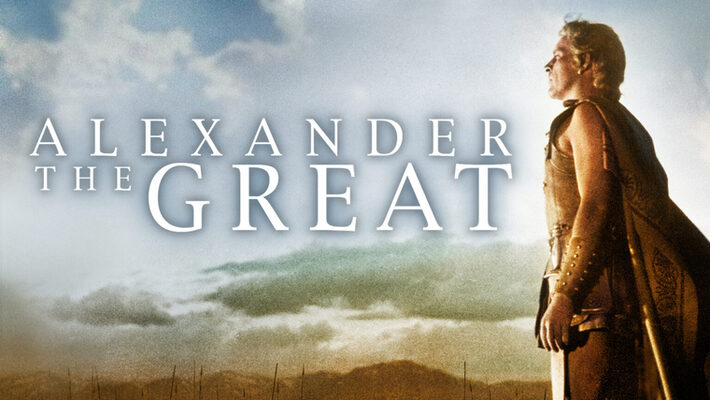
In the annals of history, few figures have left as indelible a mark as Alexander the Great. His conquests, spanning vast territories from Greece to Egypt, and from Persia to India, are legendary. Yet, behind the veil of myth and glory, lies a complex figure whose legacy continues to captivate scholars and enthusiasts alike.
Born in 356 BCE in the ancient kingdom of Macedonia, Alexander was the son of King Philip II and Queen Olympias. From a young age, he showed great promise, tutored by the renowned philosopher Aristotle. Under his guidance, Alexander developed a keen intellect and a thirst for knowledge that would shape his future conquests.
Upon the assassination of his father in 336 BCE, Alexander ascended to the throne at the tender age of 20. His early years were marked by bold military campaigns, as he swiftly consolidated his power within Macedonia and set his sights on expanding his empire.
Alexander's military prowess knew no bounds. In a series of lightning campaigns, he swept through Asia Minor, defeating the Persian Empire under Darius III at the Battle of Issus in 333 BCE. From there, he pressed onward into Egypt, where he was hailed as a liberator and crowned Pharaoh.
The conquest of Persia marked a turning point in Alexander's career. With the fall of its capital, Persepolis, in 330 BCE, he effectively became the ruler of the largest empire the world had ever seen. Yet, rather than simply impose Macedonian rule, Alexander embraced the diverse cultures of his conquered territories, fostering a spirit of Hellenistic synthesis.
Alexander's untimely death in 323 BCE, at the age of 32, left behind a power vacuum that plunged his empire into chaos. Yet, his legacy endured, shaping the course of history for centuries to come. His vision of a united world, bound by common ideals and shared aspirations, inspired countless rulers and conquerors in the millennia that followed.
In the pantheon of history's great conquerors, Alexander the Great stands as a colossus, his achievements etched into the annals of time. From the dusty plains of Greece to the sun-soaked deserts of Persia, his name evokes awe and admiration. Yet, beyond the myth and legend, lies a man whose legacy continues to shape our world to this day.
Alexander's conquests were extensive, but some of the most notable include the defeat of the Persian Empire, the conquest of Egypt, and the establishment of the Macedonian Empire in Asia.
Alexander's education under Aristotle instilled in him a love for learning and critical thinking, which he applied strategically in his military campaigns. His ability to adapt tactics and his appreciation for cultural diversity were influenced by his upbringing.
Alexander's conquests facilitated a significant exchange of ideas and cultures, known as the Hellenistic period. This period saw the blending of Greek, Persian, Egyptian, and Indian cultures, laying the foundation for much of the art, architecture, and philosophy of the ancient world.
Following Alexander's death, his empire was divided among his generals, leading to a period of instability known as the Wars of the Diadochi. This fragmentation occurred due to the absence of a clear successor and the vastness of the conquered territories.
Alexander's vision of a united world, bound by common ideals and shared aspirations, served as a model for subsequent rulers and empires, including the Roman Empire. His legacy inspired generations of conquerors to seek to emulate his achievements and extend their dominion over vast territories.
|
|